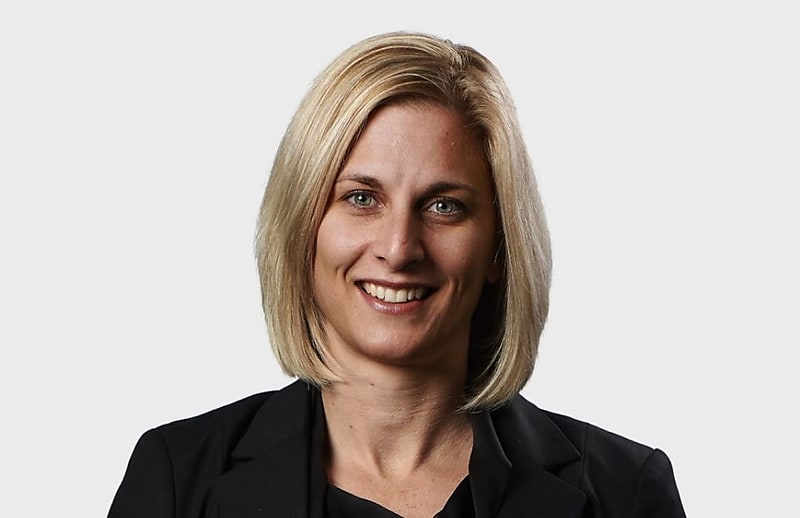How to detect and prevent elder abuse when advising older clients: RSM
BusinessElder abuse is an unfortunate reality that some accountants and advisors come across whilst working with older clients. So, what are the red flags, and what can be done in response?

Last Wednesday (24 September), RSM Perth partner Katie Timms told the Class Ignite conference about common red flags that could signal elder abuse, and how to respond as an accountant or adviser.
"[Elder abuse] is becoming more and more of a problem and it's that horrible squirmy feeling in your stomach where you think, is this kid actually just helping out or is there something murky going on there, and what's our obligation?" she told the conference.
A 2021 study by the Australian Institute of Family Studies (AIFS) found that an estimated 14.8 per cent of Australians over 65 had experienced elder abuse in the year prior. Financial abuse was the third most common subtype of abuse.
AIFS has warned that elder abuse will become more prevalent as Australia’s population ages, given that the 65 and over age group is expected to more than double from 3.8 million to 8.8 million in the 25 years following 2021.
As the risks of elder abuse grow, Timms said accountants helping older clients needed to be able to spot the red flags and respond appropriately.
"This is actually what our professional bodies suggest around this concept of elder abuse. Do you actually have questions about capacity?" she said.
"Is there an obvious conflict of interest in what is being discussed? Have you considered the motives and the intentions of the individuals in the room? Have you spoken to that individual independently without that potential influencer?"
Timms warned that it could be difficult or impossible to get money and assets back once a financial arrangement had been put into place, underscoring the importance of early intervention when something appeared amiss.
One key step to mitigate the risk of elder abuse was to consult with the client alone, free of potential influencers.
In cases where children or other influencers were frequently present at meetings, Timms recommended arranging follow-up meetings with the client alone to double-check that they were acting free of coercion and were genuinely happy with the arrangements made.
"[Ask the client] are you okay with this? Is this your decision? Are you satisfied that they have received and understand the advice and are entering into a transaction freely? Remember, we do have our professional obligations to act ethically.”
"We need to be happy to either refuse to act or alert the authorities if we genuinely believe that there is an issue here.”




